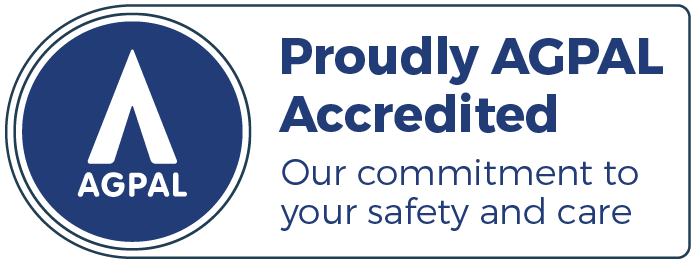Gestational diabetes is one of the risks commonly experienced by pregnant women, even if they have never had diabetes before their pregnancy. This situation is putting them and their babies at risk. But what does this condition actually mean for pregnant women?
We will examine this condition more closely, including its causes, problems, and testing options. Read on!
What is Gestational Diabetes?

Gestational diabetes is a common condition that happens when a woman develops a high blood sugar level during pregnancy. The Australian Institute of Health and Welfare revealed that there were 53,900 women delivering their babies during 2021-2022 had gestational diabetes.
This condition is not limited only to their first pregnancy; sometimes, they can experience two or more pregnancies with this condition. Often, this condition appears in the middle of the pregnancy.
While it often doesn’t cause noticeable symptoms, some women may experience increased thirst, frequent urination, and fatigue as it progresses. It’s diagnosed through routine blood tests during pregnancy.
What Causes Gestational Diabetes?

Diabetes check
This condition arises due to hormonal changes that cause the body’s cells to use insulin less effectively, a condition known as insulin resistance. Risk factors include:
- Being overweight.
- Being over 35 years old.
- Having a family history of diabetes.
- Conditions like polycystic ovary syndrome.
If not managed properly, gestational diabetes can lead to complications such as a heavy birth weight for the baby, premature delivery, and future diabetes risk for both mother and child. Management typically involves a healthy diet, exercise, and sometimes medication like insulin injections.
Problems of Gestational Diabetes in Pregnancy

Uncontrolled gestational diabetes can lead to more problems for pregnant women, including:
C-Section (Cesarean Section)
Women with this condition are more likely to need a C-section during delivery, as the baby is typically larger than average. As a result, natural delivery can be harder, and recovery will take more time.
Low Blood Sugar (Hypoglycemia)
Women with this condition who take diabetes medications can develop too low blood sugar levels, increasing the risk of an even more fatal condition if there’s no quick treatment. It can also result in the baby’s low blood sugar after birth.
An Extra-Large Baby
As mentioned before, women with this condition typically need C-sections as the baby tends to grow extra larger than average due to the high blood sugar level. On top of that, the baby has a chance to be born with nerve damage because of the shoulder pressure during delivery.
High Blood Pressure (Preeclampsia)
When not treated well, women with this condition also have a chance of getting high blood pressure or preeclampsia, which is harmful to both the mother and the baby. Some risks include seizures or stroke for the mother during labour or delivery or the baby being born too early.
Testing for Gestational Diabetes

All pregnant women are recommended to get themselves screened for gestational diabetes. Most women undergo testing between weeks 24 and 28 of pregnancy.
The most common option for the test is the OGTT or Oral Glucose Tolerance Test. It tests the body’s reaction to sugar by measuring blood glucose before and after a sugary drink, following an 8-12 hour fast. High levels indicate gestational diabetes.
Frequently Asked Questions
Will I have diabetes after I am pregnant?
Most women with gestational diabetes return to normal levels after pregnancy. However, they have a bigger chance of developing type 2 diabetes in the future.
Will my baby be ok if I have gestational diabetes?
Most babies born to mothers with gestational diabetes are healthy. However, there is a slightly higher risk of certain complications, like hypoglycemia, macrosomia, and respiratory distress.
What foods to eat for gestational diabetes?
To manage gestational diabetes, focus on a balanced diet. Some recommendations are natural sugars, vegetables, whole grains, lean proteins, healthy fats, complex carbohydrates, and low-GI fruits.
Conclusion
Although gestational diabetes is a common condition experienced by pregnant women during their pregnancy, you should not be worried about it, as tests and treatments are widely available to deal with it. If you need further consultation with doctors, visit Wells Road Medical Centre now!



